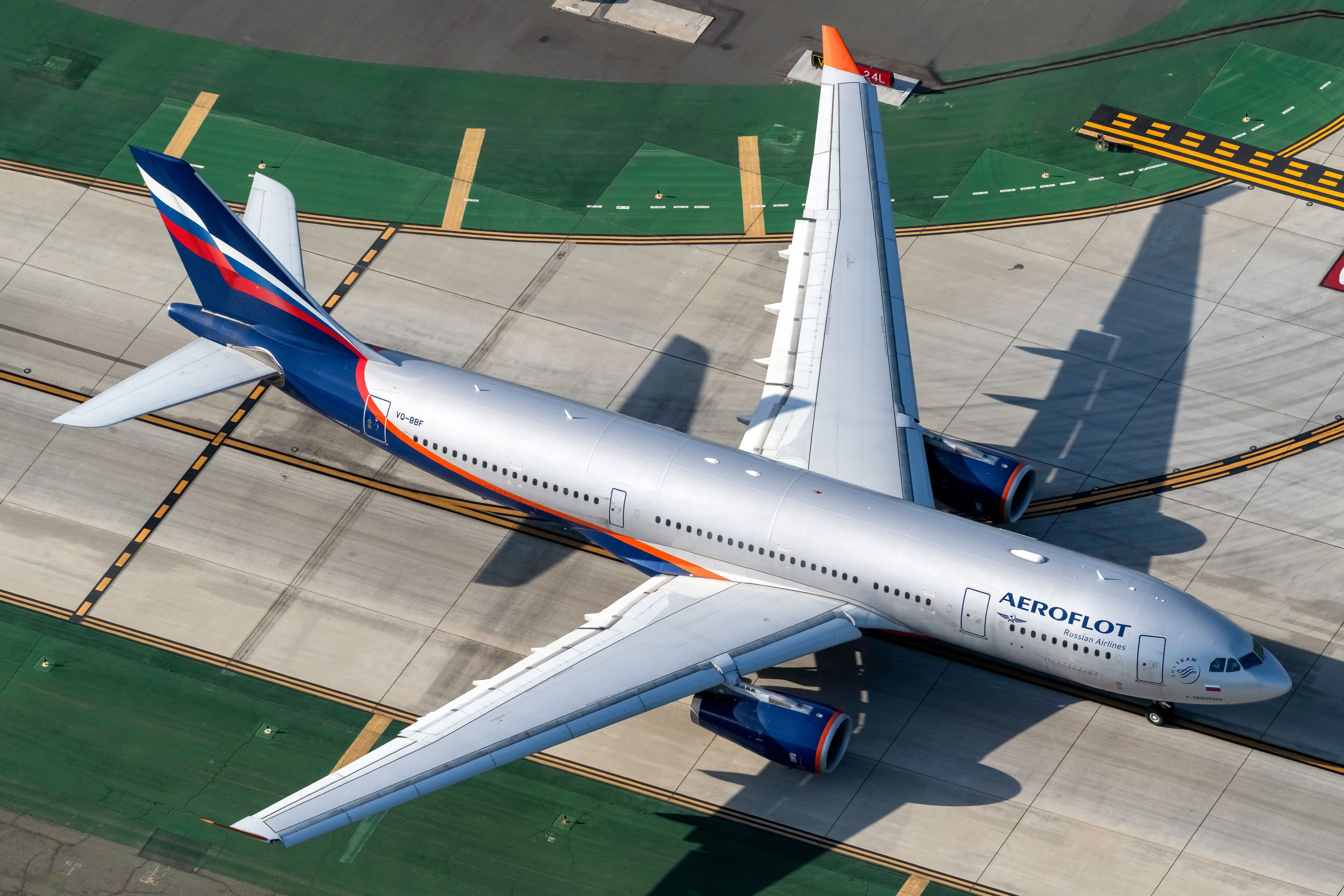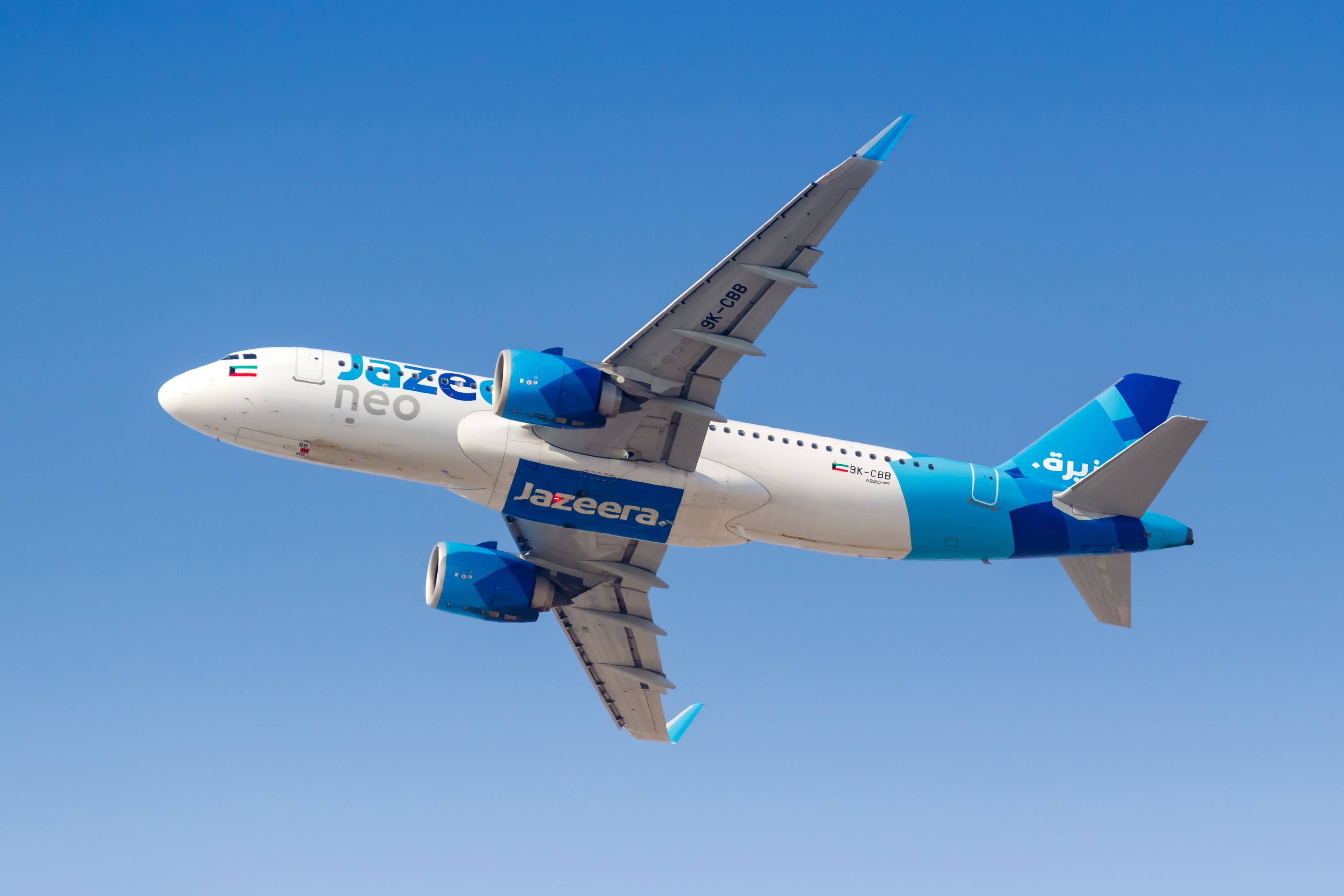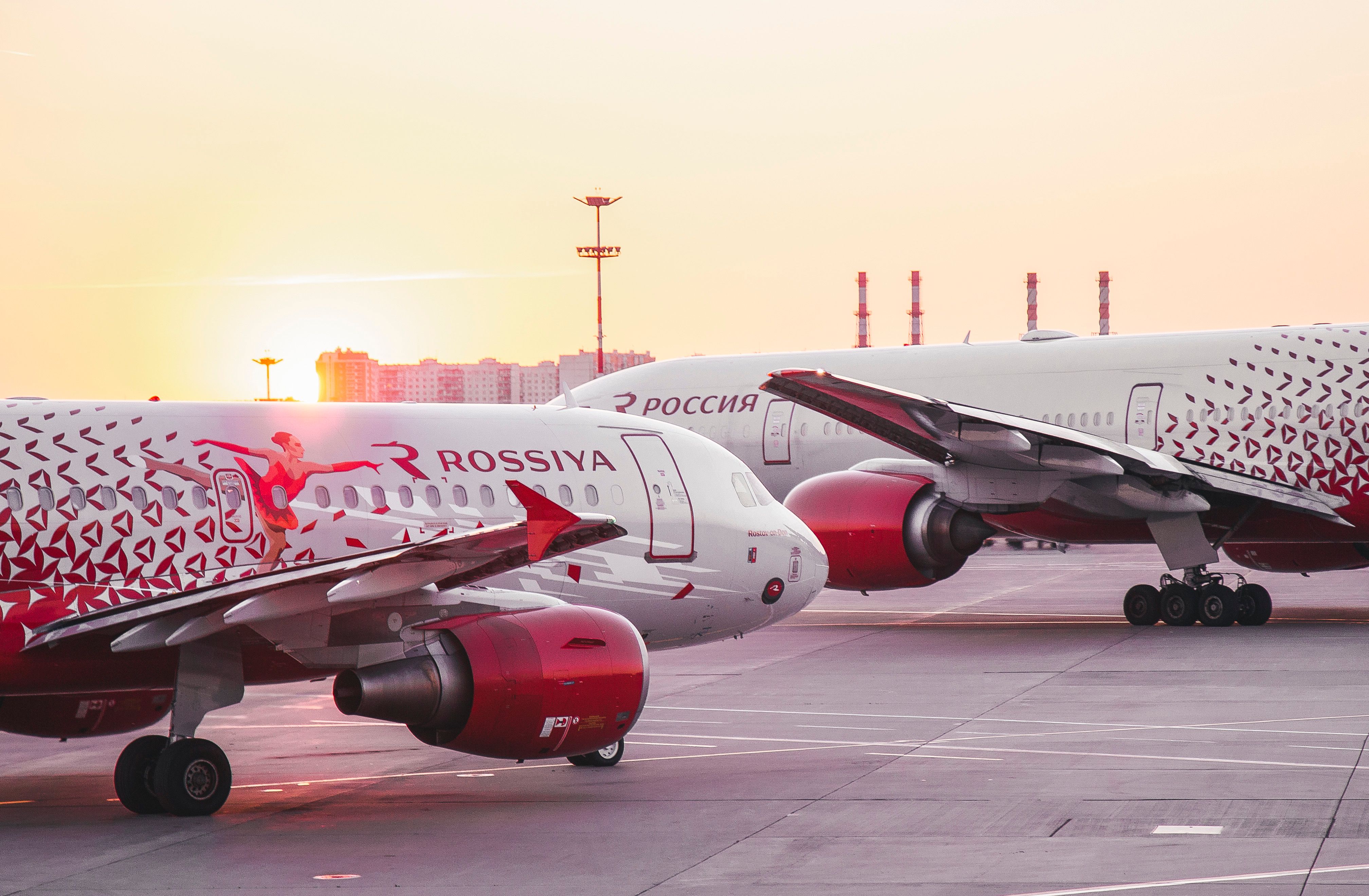In an interview with Russian media outlet RBK published on Wednesday, the head of Rosaviatsia (Russia's Federal Air Transport Agency), Alexander Neradko, said he was convinced that Airbus and Boeing planes will keep flying safely until the end of the decade. He is adamant that sanctions imposed on the supply of spare parts and maintenance have not affected flight safety in Russia.
Neradko said that the intention of the sanctions - to destroy Russia's civil aviation industry - had not panned out,
"For one simple reason - everyone who is responsible for aviation in our country made timely and correct decisions in response to the actions of those who joined the sanctions."
He also stated that the agency maintains channels with partners in countries that have imposed sanctions, simply not as "official" as before. Meanwhile, the main partners now are considered all airlines that have not stopped flights to Russia as a result of the Kremlin's war in Ukraine.
This number now stands at 53 airlines from 26 states, including major carriers such as Emirates and Turkish Airlines. Meanwhile, Kuwait's Jazeera Airways entered the market just yesterday, on February 2, with flights from Kuwait International Airport (KWI) to Moscow Domodedovo (DME) operating an A320neo on the route.
"Rearranging" serviceable parts across the fleet
Meanwhile, 14 Russian airlines still operate internationally. As stated, Neradko believes that neither domestic nor international flight safety has been compromised as a result of the sanctions, and that Russian carriers will continue to be able to operate foreign-produced aircraft for the next seven years. However, he prefers not to use the term "cannibalization" when it comes to sourcing spare parts.
Neradko stated that this wording had been introduced by those who are not familiar with regular procedures of civil aviation and that do not know that,
"...the rearrangement of serviceable spare parts from aircraft to aircraft was practiced always and everywhere, including during the Soviet Union."
Whatever the term, Rosaviatsia officially approved the transfer of parts from grounded planes to in-service aircraft, along with the fitting of non-original spare parts, in mid-January.
Get all the latest aviation news right here on Simple Flying
Apart from this "rearrangement" of spare parts, the Rosaviatsia boss also said that Russian airlines had not suffered the way that the sanctions on parts and maintenance had intended due to various collaborations beyond the country's borders.
"At the first stage, the airlines had a sufficient supply of components and spare parts. And today, airlines have already established cooperation with foreign partners from friendly and other countries. They have organized new supply chains of spare parts in order to work calmly and safely."
About 600 re-registered aircraft have been certified
As far as airworthiness certification goes following Russia's historical plane-grabbing and re-registering in opposition to the Chicago Convention,
"Generations have changed in the industry; our specialists now speak and read English, understand technical literature, and are able to control the maintenance of the airworthiness of foreign-made aircraft. (...) Over the past year, the Federal Air Transport Agency has checked the technical condition of those aircraft that were re-registered in the Russian National Register - 647 aircraft. Nearly 600 have received airworthiness certificates. The rest of the aircraft is under maintenance or out of service."
Do you agree with Rosaviatsia's assessment that Russian airlines will keep flying foreign-made aircraft safely throughout the 2020s? Leave a comment below and share your thoughts.
Source: РБК



